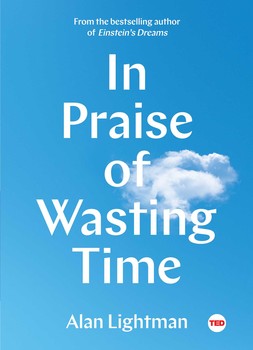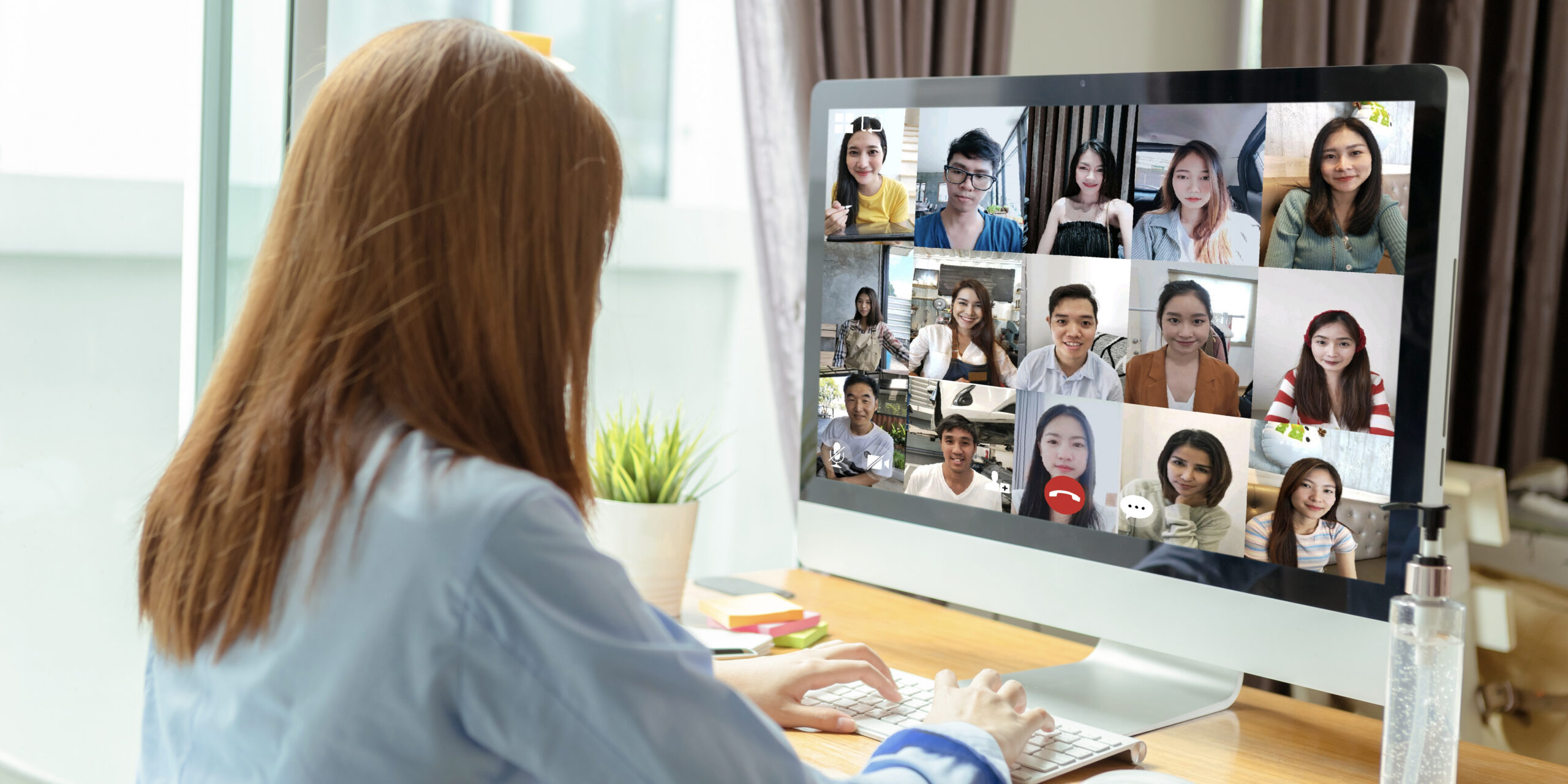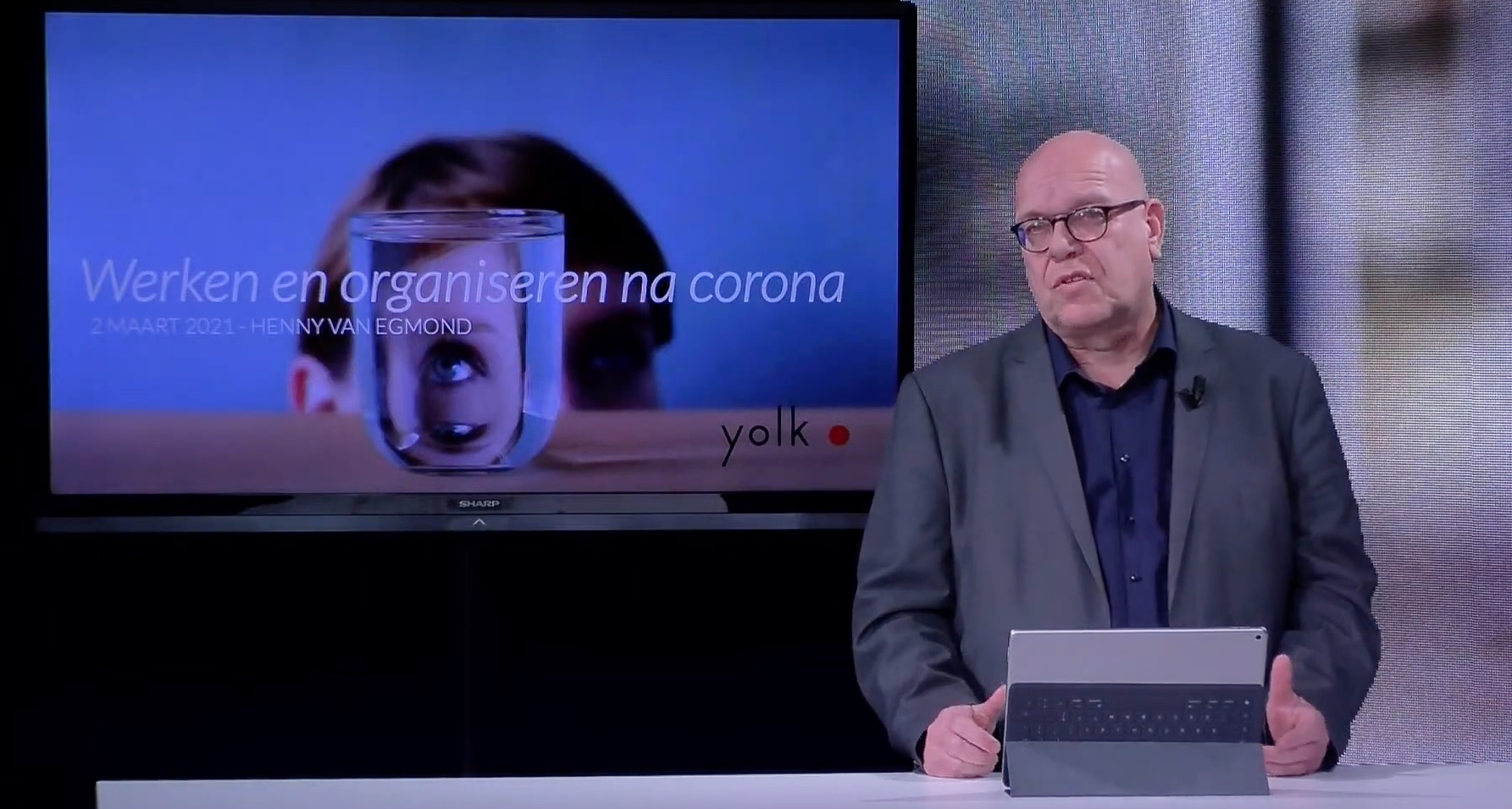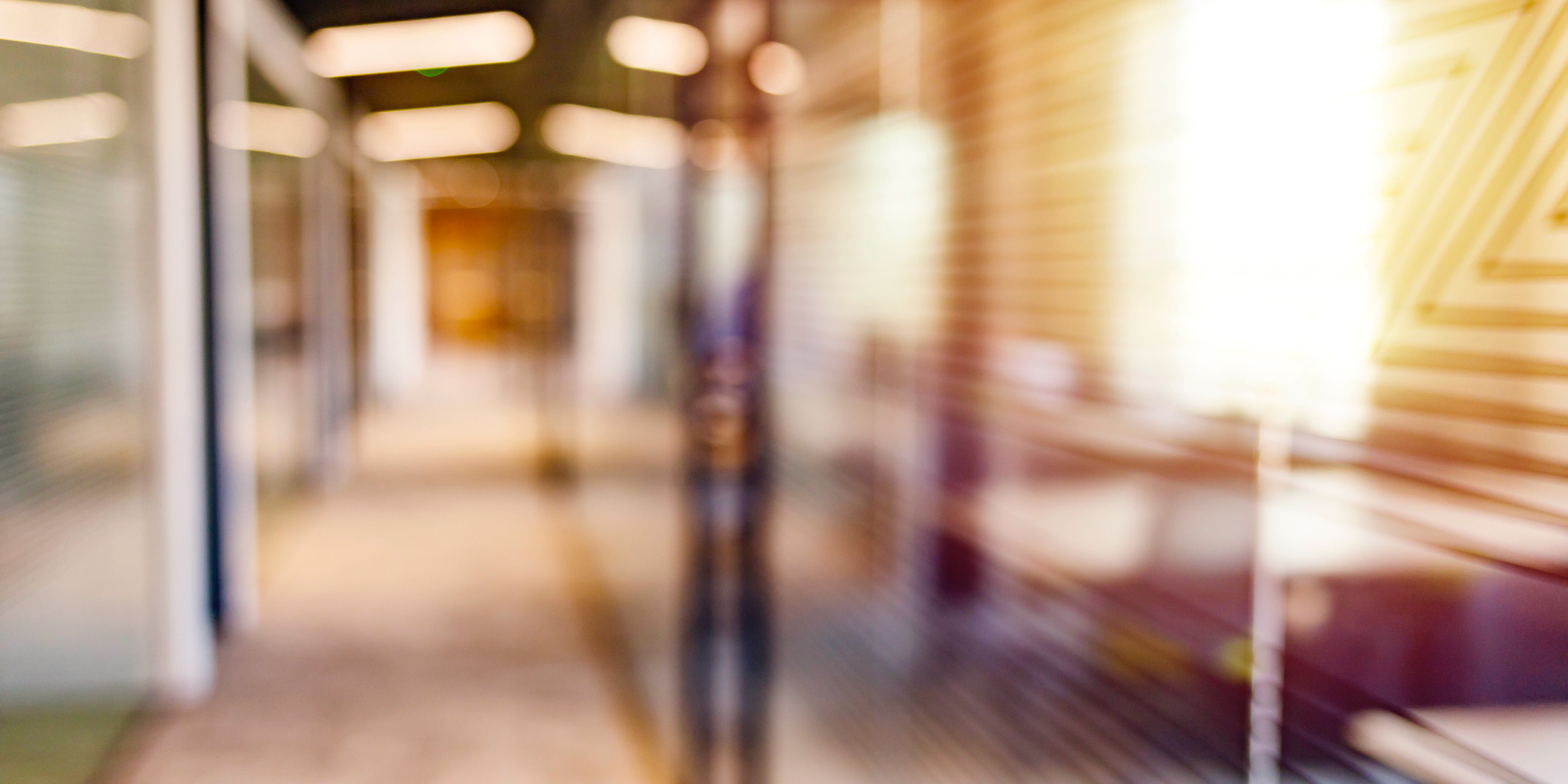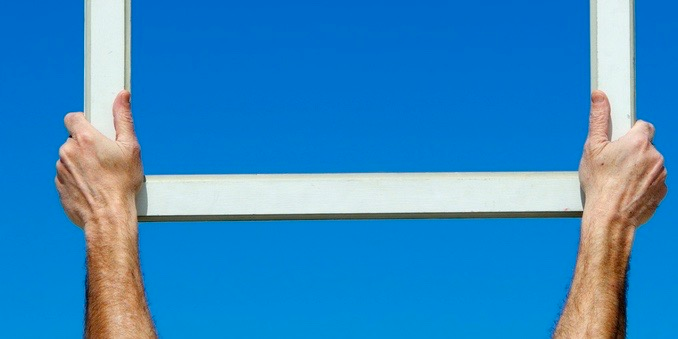Do nothing. It’s good for your productivity!
Lounging is the new high performance workstyle in times of growing pressure from work and information overload. It’s time for training programmes into ‘Lounging around’ and ‘Pointlessly looking out the window’. Google it – there’s a lot on offer already.
We are losing our ability to do nothing. In his book Digital minimalism American IT expert Cal Newport assigns blame to the smartphone that robs us of every moment in which we could be getting nice and bored. With dramatic consequences: growing numbers of people with anxiety disorders, and reduced empathy and the ability to concentrate. Read the research here. MIT professor Alan Lightman writes in In Praise of wasting time that this also means we have less time for creativity. In NRC he says: ‘We need to waste time again – spend time without purpose in which you dont try to achieve anything. Dinner with friends, a walk in the woods, or just hanging around and staring into space. Lounging. Doing nothing.’
Less really is more
Smartphone use gives the issue a contemporary angle, but we’ve struggled to do as little as possible for some time now. ‘The less you do, the more you achieve (less is more)’ has been an ambition since German-American architect and furniture builder Mies von der Rohe (1886-1969) made a point of it with his minimalistic designs. If you’re interested in its origin, read the classic The Fountainhead (1943), a book about simplicity as an answer to inhibitive systems and structures: the simpler the better; less excess, better results.
Less as a mindset
That less is more is also the mindset of minimalist millennial Marlous van der Veen. She is part of the strategy team that is helping network manager Enexis to grow into a social organisation. That has to be possible with less, Marloes believes. Less energy, fewer things. Less everything. The same is true in the private sphere. She’d most love to live in a Tiny House, but try and organise that in her home city Utrecht. There are also so many rules and regulations – these too could be reduced.
Marloes is decluttering rapidly and increasingly resists the temptation to buy something new. She explains that this provides her with the space to focus on what she finds really important; having an impact for a better world.
The right moment
Making choices is an important topic for Marlous. WHat are you going to get rid of and what to hold onto? With which aim? Here too it is beneficial if you reduce. You think better if you do nothing just before. Friedrich Nietzsche called it the ‘silence of the soul’. By consciously doing nothing, you allow new insights, new thoughts and spontaneous insight to develop.
In her essays on the way we handle time, Philosopher Joke Hermsen links this to finding ‘the right moment’, a phenomenon for which the Ancient Greeks had a god: Kairos. Joke Hermsen talks about how philosophers have for centuries been describing how we can make room for the right moment with Kairos. It lets us go to work with the same enthusiasm and passion as Marlous van der Veen has for her minimalism.
Common sense
Marlous deals with it pragmatically. She uses her common sense, knows what she does and does not know, makes a decision and gets to work. Not that everybody simply accepts it all. Marlous’ work is mainly about discussions to explain those decisions. As long as you know which impact you’re after, there are many ways to achieve that, says Marlous.
What you can do now
Increasing your impact by doing less is within everyone’s grasp. Email-free days and social media detox already exist. Employers are helping with quiet areas and in the Netherlands, Kim Spinder has been campaigning about the uselessness of email for years with We Quit Mail. We too have previously called for communication-free periods on workdays.
Alan Lightman: ‘Even if you are aware of the constant madness and hectic, it takes enormous willpower to change your own behaviour. But there are some fairly simple measures you can take:
- Turn your smartphone off fully one hour each day.
- Every day, go for a 30-minute walk without answering emails
- As employer, provide quiet areas and encourage your people to spend 30 minutes there each day. Meditation is allowed, but not obligatory. It’s all about peace, doing nothing. Pointless behaviour.’
Think along, and take part?
Would you like to think along with us? Then get in touch with me!
Snel contact

